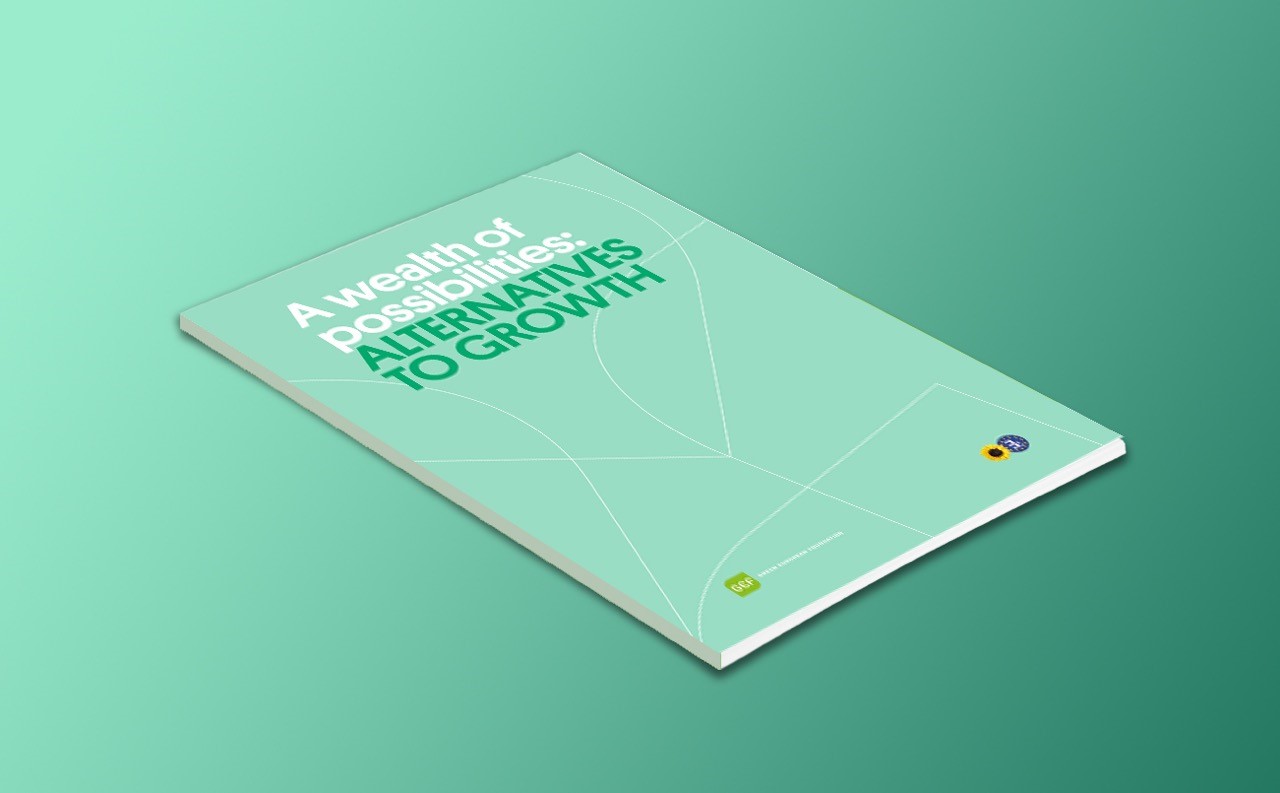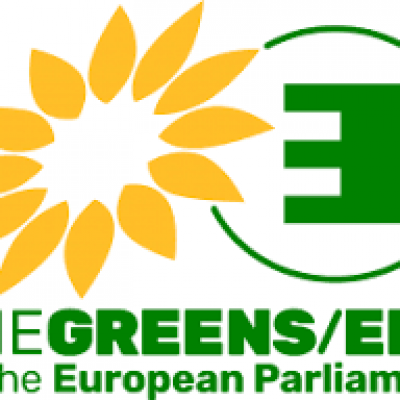Since the global financial crisis of 2007 – 2008, which morphed later into an economic, social and, increasingly, a democratic crisis, governments across Europe seem driven by a maniacal obsession for the 20th century’s holy grail: growth.

However, the long-awaited recovery has not materialised: even though the level of European GDP (Gross Domestic Product) reached its pre-crisis level in 2014, the employment rate, in spite of the educational attainment, is still dragging behind and the poverty rate has substantially risen. It is as if whenever growth materialises, it only benefits the happy few. This unambiguously testifies to the inefficiency of the usual economic recipes in the current globalised and highly connected world.
This study, commissioned by the Greens in the European Parliament and the Green European Foundation, aimed at questioning current practices and policies in six fields structuring our economic model and at investigating alternative ways that are more adapted to the current challenges by being more socially inclusive and more appropriate on climate and environmental issues. It overlooks to fields of: labour markets; the fight against inequality; tax collection; international trade’ and monetary and banking systems;
The study is not meant to provide its readers with a toolkit or a textbook to reboot our economic model so that we can distance ourselves from the growth of the Gross Domestic Product mantra and engage a fair and green transformation of the economy. Instead, it outlines priority sectors that need to be reframed in a genuinely sustainable mode.


